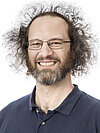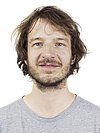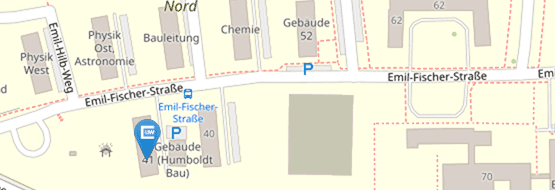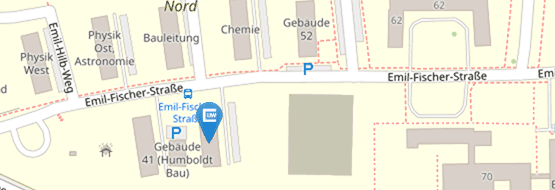Speakers and Organization
Speakers
Francesca Arici
Simone Gutt
Gandalf Lechner
Ioan Marcut
Boris Tsygan
Scientific Organizers
Chiara Esposito
Stefan Waldmann

Chair of Mathematical Physics
Institute of Mathematics
Julius Maximilian University Würzburg
Campus Hubland Nord
Emil-Fischer-Straße 31
97074Würzburg
Building 31, Room 00.012
Tel: +49 931 31-83389
E-Mail: stefan.waldmann@mathematik.uni-wuerzburg.de
Local Organization
Marvin Dippell

Chair of Mathematical Physics
Institute of Mathematics
Julius Maximilian University Würzburg
Campus Hubland Nord
Emil-Fischer-Straße 31
97074Würzburg
Building 31, Room 00.01
Tel: +49 931 31-81579
E-Mail: marvin.dippell@mathematik.uni-wuerzburg.de
Gregor Schaumann

Chair of Mathematical Physics
Institute of Mathematics
Julius Maximilian University Würzburg
Campus Hubland Nord
Emil-Fischer-Straße 31
97074Würzburg
Building 31, Room 00.02
Tel: +49 931 31-80173
E-Mail: gregor.schaumann@mathematik.uni-wuerzburg.de
Heike Kus
Tel.: +49 931 31-85091
Fax: +49 931 31-80947
Office Hours
During the School: Monday to Friday 9 a.m. to 11 a.m.






